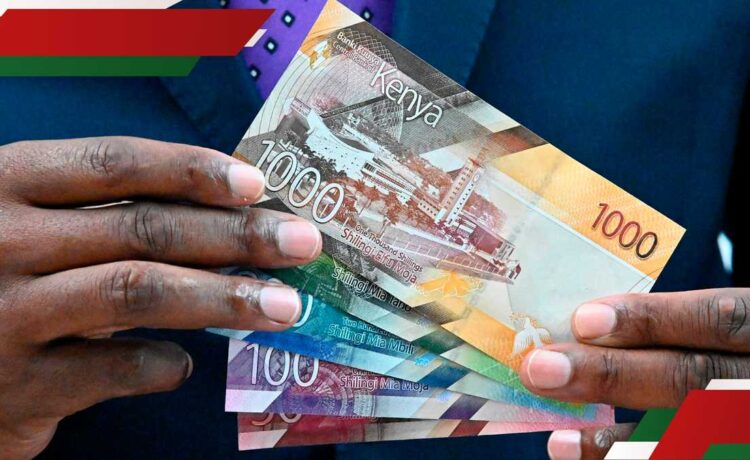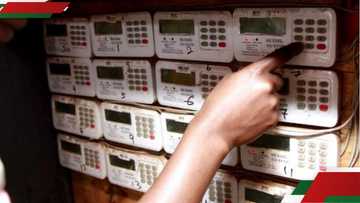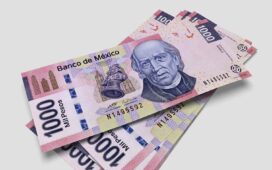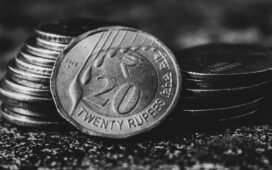- Kenya shilling exchanged at KSh 129.28 against the US dollar on January 23 compared to KSh 129.54 on January 16
- The slight drop in the local currency’s value came after a decline in forex reserves from $9,143 million (KSh 1.18 trillion) to $8,652 million (KSh 1.12 trillion)
- FX Pesa lead market analyst Rufas Kamau observed that the shilling remains stable but could face marginal pressure in the near future
TUKO.co.ke journalist Japhet Ruto has over eight years of experience in financial, business, and technology reporting and offers profound insights into Kenyan and global economic trends.
The Kenyan shilling has faced significant fluctuations against the US dollar after Donald Trump’s inauguration as president, reflecting global market uncertainty and shifting economic policies.
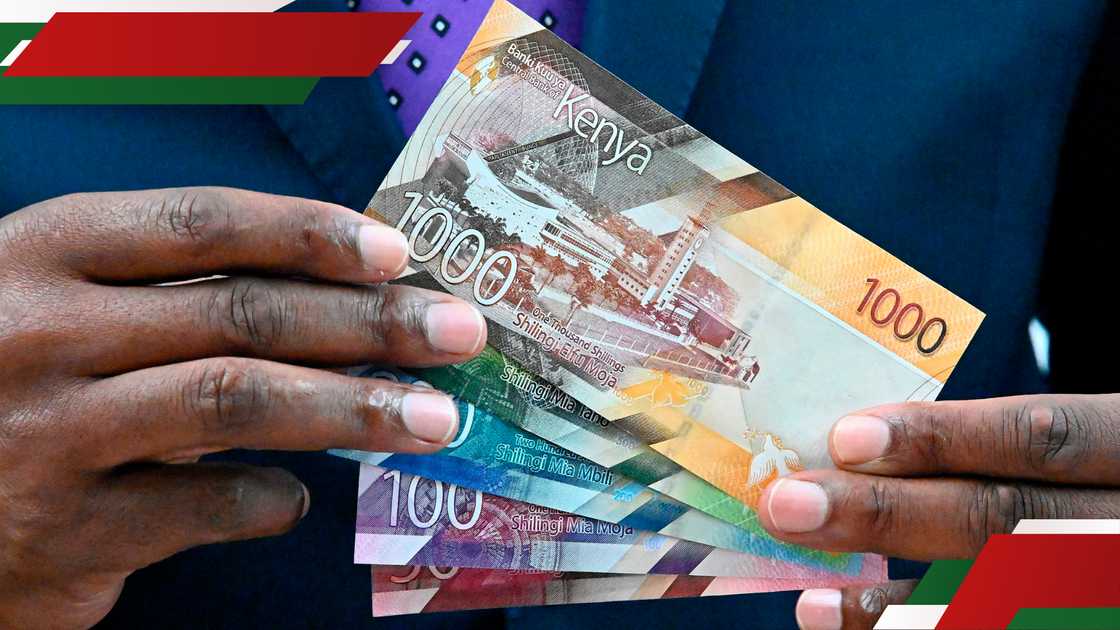
Source: Getty Images
What’s the Kenya shilling’s exchange rate?
The situation was compounded by a decline in forex reserves from $9,143 million (KSh 1.18 trillion) on Thursday, January 16, to $8,652 million (KSh 1.12 trillion) on Thursday, January 23.
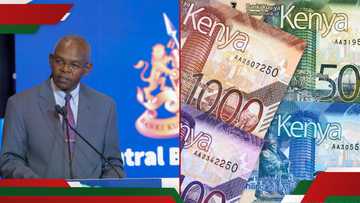
Read also
CBK seeks KSh 70 billion loans from Kenyans, invites bids for re-opened infrastructure bonds
According to the Central Bank of Kenya (CBK), the shilling exchanged at KSh 129.28 against the US dollar on January 23, 2025, compared to KSh 129.54 on January 16.
However, on Friday, January 24, the shilling appreciated to 129.26 per US dollar.
“The usable foreign exchange reserves remained adequate at $8,652 million (4.4 months of import cover) as of January 23, 2025. This meets the CBK’s statutory requirement to endeavour to maintain at least four months of import cover,” the CBK stated in its weekly bulletin, which highlights recent monetary and financial developments.
How drop in forex reserves affects KSh
Kenya depends on forex reserves to stabilise the shilling and pay for imports such as fuel and cooking oil.
The drop means there will be a high demand for the greenback in the local market.
FX Pesa lead market analyst Rufas Kamau observed that the shilling remains stable but could face marginal pressure when investors repatriate their profits and dividends gained from the Nairobi Securities Exchange (NSE).
“While the Kenya shilling remains steady, caution ought to be taken with the CBK’s monetary policy tightening since the parliament has continually passed fiscal tightening policies that may push the economy into a recession.
We may experience slight pressure on the exchange market as foreign investors look to repatriate dividends and profits earned from buying the NSE dip. However, the shilling outlook seems stable,” Kamau told TUKO.co.ke.
What Trump said about the US dollar
US President Donald Trump, who was sworn into office on Monday, January 20, vowed to impose “100% tariffs” on nations countries that undercut the US currency.
The Republican leader vowed to take action against states that create a new BRICS currency or otherwise replace the “mighty US dollar.”
His statement, however, comes at a time when the greenback’s hegemony does not appear to be facing an immediate threat, having been the world’s reserve currency for decades.
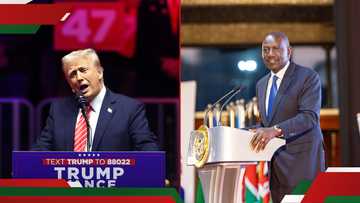
Read also
Kenya’s top trading partners and potential impact of Donald Trump’s trade tariffs on smaller economies
According to the International Monetary Fund (IMF), the US dollar currently comprises 58% of foreign exchange reserves held worldwide, down from 67% in 2000.
The dollar’s influence means that many countries can see their fortunes affected by fluctuations in the US currency.
Source: TUKO.co.ke

